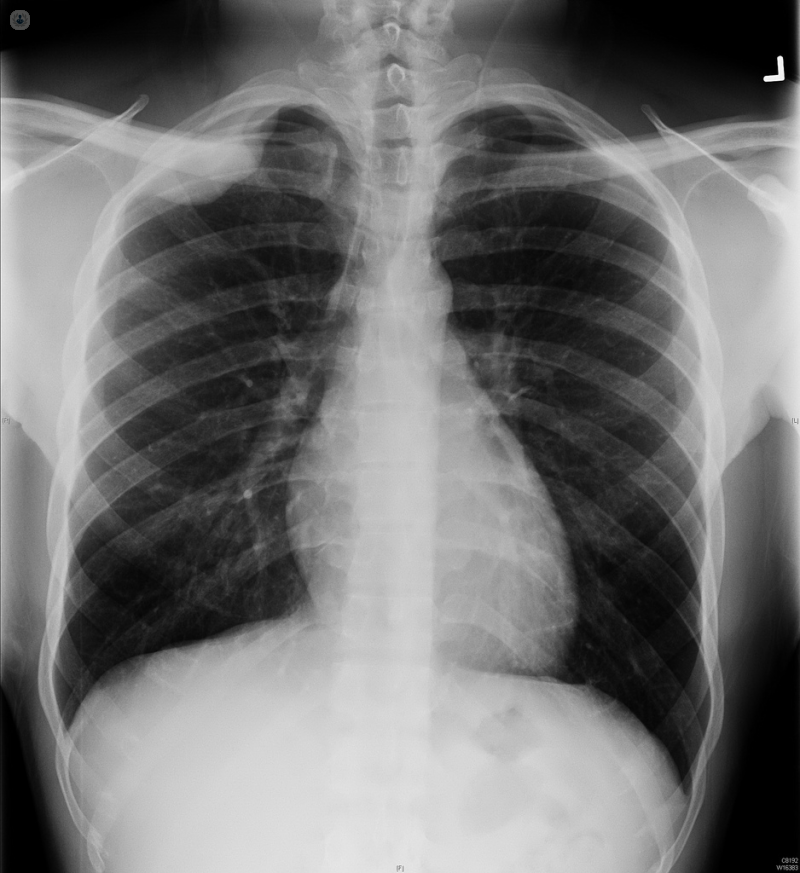Chronic cough: why won’t my cough go away?
Written by:Coughs usually last anywhere from one to three weeks, but a cough that persists for more than eight weeks is considered a ‘chronic cough’. Mr Kalpesh Patel, a leading ENT specialist, explains what a cough is, why some coughs are chronic, and how chronic cough can be treated.

What is a cough?
In simple terms, the cough is one of the most primitive human reflexes. Its main aim is to prevent blockage of the airway so breathing is not hampered.
The lining of the throat, voice box, windpipe and lungs have sensitive 'receptors' which can be stimulated by a number of things such as a foreign body, inflammation, tumours and a long list of conditions. Once stimulated the receptor sends signals to the brain which in turn send impulses to the vocal cords to close temporarily, and to the chest wall and diaphragm to expel air. The closed vocal cords open and the air is expelled forcibly giving rise to a cough.
Why do I have a cough and why won’t it go away?
Coughs occur when the lining of the respiratory tree is stimulated and sets off the cough reflex. For as long as the stimulus is there, there will be a desire to cough. Some conditions are termed chronic, meaning they last a long time such as asthma. Until a condition like asthma is controlled by appropriate medications, it will continue to manifest with cough symptoms as well as wheezing.
What is chronic cough?
By definition a chronic cough is one that lasts longer than eight weeks. The word chronic does not imply severity, but just duration of symptoms.
If I quit smoking, will my cough go away?
The chronic smokers cough will certainly improve once smoking stops, but depending on the damage already done, this may take a long time before the cough disappears completely.
How can you treat chronic cough?
In broad terms chronic cough is due to sinusitis with post nasal drip, gastroesophageal reflux of stomach contents, or cough variant asthma, either alone or in combination of all three conditions.
Treatments starts by making a diagnosis, which would involve seeing an ENT or respiratory specialist. A camera exam performed commonly by ENT Specialists can often diagnose sinusitis or reflux, and indeed on rare occasions the presence of growths high-up in the aero-digestive tract.
The following can also be helpful in making a diagnosis:
- Chest X-rays
- CT scans of sinuses and chest
- Lung function tests
- Blood / sputum tests
Therapy depends on the likely causes of the cough in question.
If you think you might suffer from chronic cough and would like to find out more information, you can book an appointment here.


